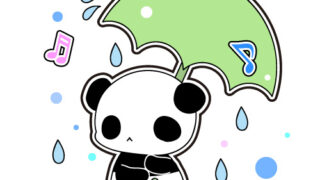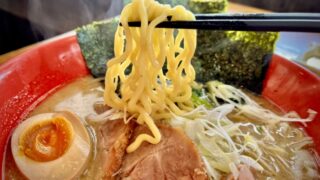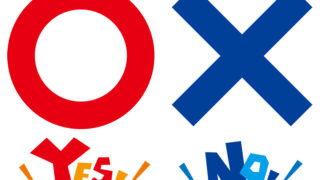 日本での仕事(しごと): Working in Japan
日本での仕事(しごと): Working in Japan Let’s work at a cafe or a restaurant in Japan!!
Are you interested in working at a cafe or a restaurant in Japan?
If yes, let's learn the phreases to work there!!
 日本での仕事(しごと): Working in Japan
日本での仕事(しごと): Working in Japan  日本食(にほんしょく): Japanese foods
日本食(にほんしょく): Japanese foods  日本人の生活(せいかつ):Life of Japanese
日本人の生活(せいかつ):Life of Japanese  オノマトペ: Onomatopoeias
オノマトペ: Onomatopoeias  オノマトペ: Onomatopoeias
オノマトペ: Onomatopoeias  オノマトペ: Onomatopoeias
オノマトペ: Onomatopoeias  日本の歴史(れきし): Japanese history
日本の歴史(れきし): Japanese history  日本人の生活(せいかつ):Life of Japanese
日本人の生活(せいかつ):Life of Japanese  日本人の生活(せいかつ):Life of Japanese
日本人の生活(せいかつ):Life of Japanese  文法(ぶんぽう):Grammer
文法(ぶんぽう):Grammer